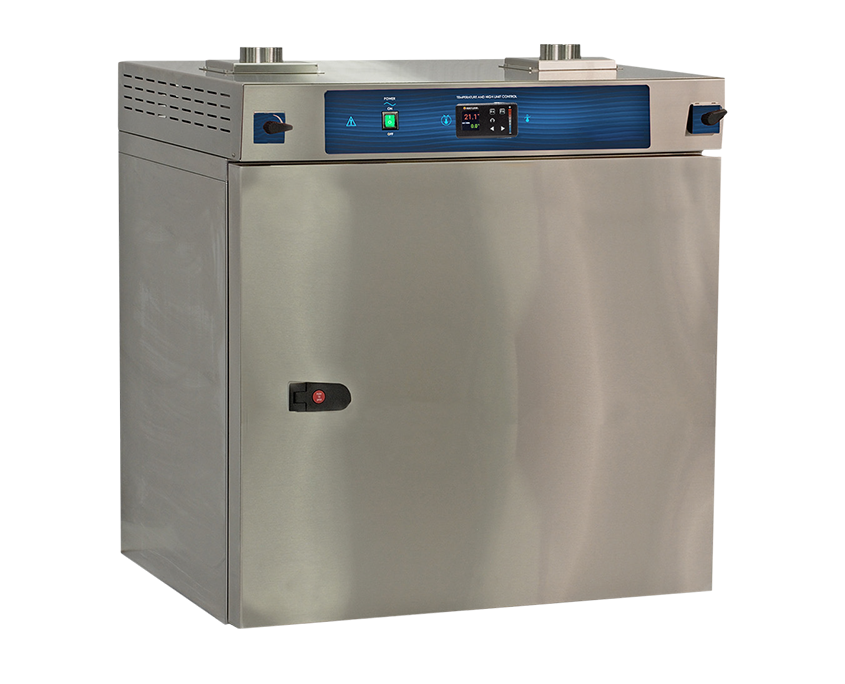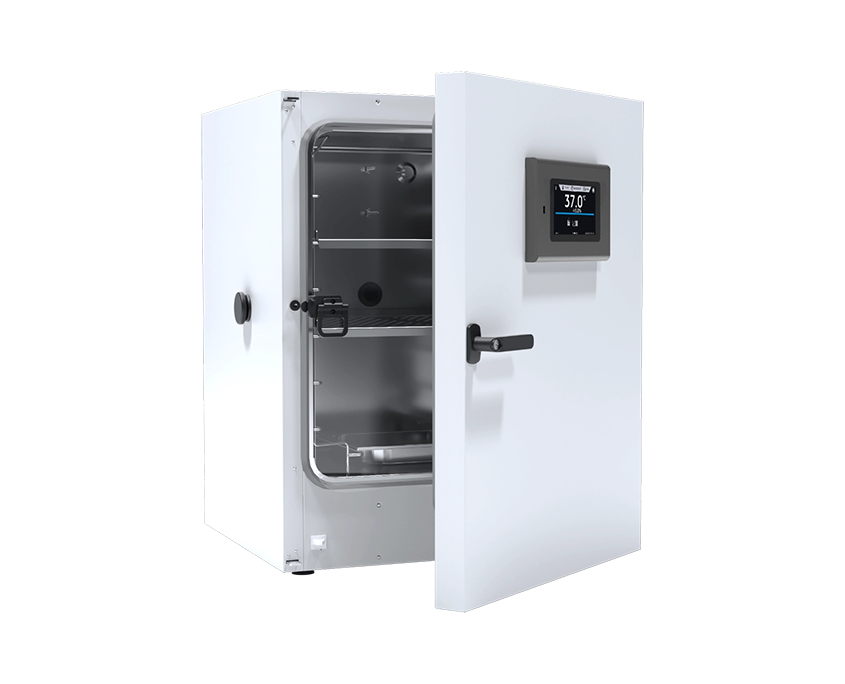Incubator
In cleanrooms, an incubator is a critical device used for growing and maintaining cells, microorganisms, or biological samples under controlled conditions. Its main function is to provide a stable environment with precise temperature, proper humidity, and sometimes controlled gas levels (such as CO₂ or O₂) so that samples can grow optimally or biological reactions can occur under standard conditions.
Key Features of Cleanroom Incubators
- High precision temperature and humidity control
- CO₂ / O₂ gas control capability
- Antimicrobial design and easy-to-sterilize surfaces
- Display and alarm systems to alert any deviation from standard conditions
Applications of Incubators in Cleanrooms
Cell and Microorganism Growth
Used in biological experiments, vaccine production, stem cell research, and other pharmaceutical processes.
Precise Environmental Control
- Temperature and humidity are continuously regulated and monitored.
- In some models, CO₂ concentration is controlled to maintain the culture medium’s pH.
Maintaining Sample Sterility
- Cleanroom incubators are typically designed with autoclavable components and antimicrobial surfaces.
- Internal air circulation and HEPA filters help prevent contamination.



